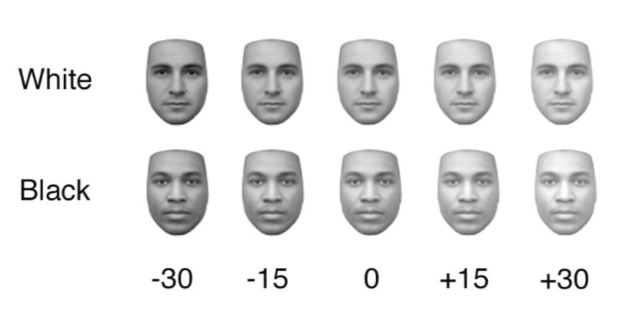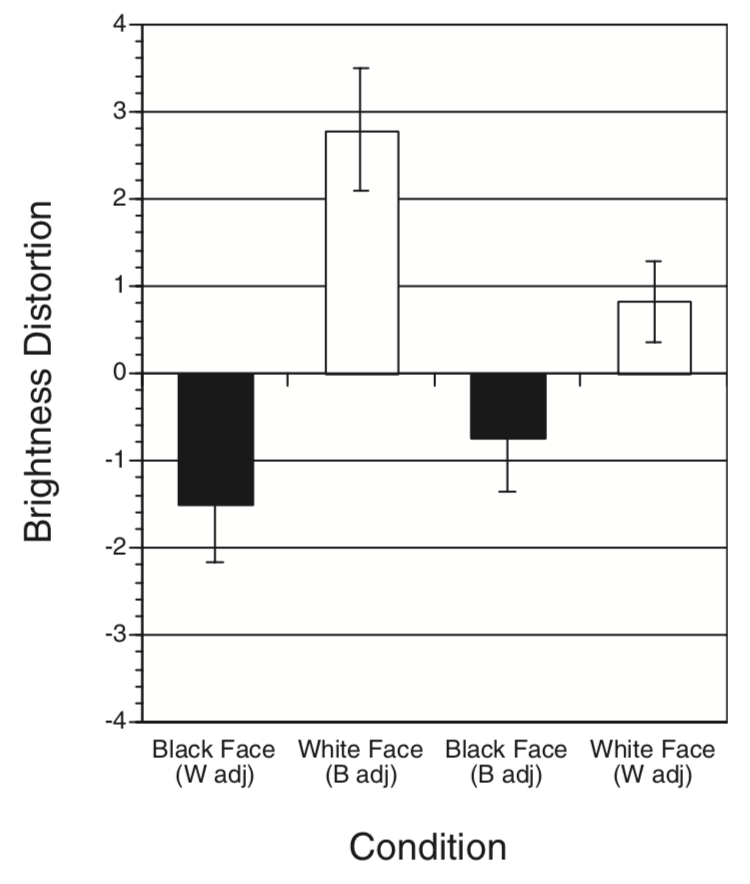Click here and press the right key for the next slide (or swipe left)
(This may not work on mobile or ipad. You can try using chrome or firefox, but even that may fail. Sorry.)
(If the slides don’t work, you can still use any direct links to recordings.)
also ...
Press the left key to go backwards (or swipe right)
Press n to toggle whether notes are shown (or add '?notes' to the url before the #)
Press m or double tap to slide thumbnails (menu)
Press ? at any time to show the keyboard shortcuts

Points of View
[email protected]

a point of view:
some things
presented in a certain way
Terminology:
A perspective is a point of view.
Intentionality is the feature of you, or some states of you, in virtue of which you have a point of view.

viewpoint

Is having a point of view
just a matter of occupying a viewpoint?
a point of view:
some things
presented in a certain way
Is having a point of view
just a matter of occupying a viewpoint? No.
a point of view:
some things
presented in a certain way

The Seven Questions
[email protected]
| topic | question |
| Acquaintance | How do your thoughts connect to the things about which you think? |
| Cognitive Penetration | How, if at all, do your thoughts influence your perceptions? |
| Awareness | What good is your perceptual awareness of the objects around you? |
| Sense & Reference | Why are some numerical identities informative? |
| Metaphysics | What is necessary for your personal survival? |
| Action | Of the events involving you, what determines which are your actions? |
| Induction | What is it for an observation to provide evidence for a scientific theory? |

Principle of Acquaintance

‘Whenever the relation of supposing or judging occurs, the terms to which the suppossing or judging mind is [thereby] related by the relation of supposing or judging must be terms
‘This is merely to say that we cannot make a judgment or a supposition without knowing what it is that we are making our judgment or supposition about.
‘It seems to me that the truth of this principle is evident as soon as the principle is understood’
Russell, 1910 p. 118
| topic | question |
| Acquaintance | How do your thoughts connect to the things about which you think? |
| Cognitive Penetration | How, if at all, do your thoughts influence your perceptions? |
| Awareness | What good is your perceptual awareness of the objects around you? |
| Sense & Reference | Why are some numerical identities informative? |
| Metaphysics | What is necessary for your personal survival? |
| Action | Of the events involving you, what determines which are your actions? |
| Induction | What is it for an observation to provide evidence for a scientific theory? |

Levin & Banaji, 2006 figure 2B

Levin & Banaji, 2006 figure 2B

Levin & Banaji, 2006 figure 3
Apparently, your beliefs can influence your perception of lightness and darkness.

Lupyan & Clark, 2011 figure 1

‘Acquaintance ... essentially consists in a relation between the mind and something other than the mind’
\citep[chapter 4]{Russell:1912ln}
Russell, 1912 Chapter 4
‘we have acquaintance with anything of which we are directly aware, without the intermediary of any process of inference or any knowledge of truths’
\citep[chapter 5]{Russell:1912ln}
Russell, 1912 chapter 5
| topic | question |
| Acquaintance | How do your thoughts connect to the things about which you think? |
| Cognitive Penetration | How, if at all, do your thoughts influence your perceptions? |
| Awareness | What good is your perceptual awareness of the objects around you? |
| Sense & Reference | Why are some numerical identities informative? |
| Metaphysics | What is necessary for your personal survival? |
| Action | Of the events involving you, what determines which are your actions? |
| Induction | What is it for an observation to provide evidence for a scientific theory? |
| topic | question |
| Acquaintance | How do your thoughts connect to the things about which you think? |
| Cognitive Penetration | How, if at all, do your thoughts influence your perceptions? |
| Awareness | What good is your perceptual awareness of the objects around you? |
| Sense & Reference | Why are some numerical identities informative? |
| Metaphysics | What is necessary for your personal survival? |
| Action | Of the events involving you, what determines which are your actions? |
| Induction | What is it for an observation to provide evidence for a scientific theory? |
a point of view:
some things
presented in a certain way

Siegel & Shuster, 1939 (Issue 1)

Siegel & Shuster, 1939 (Issue 1)


Siegel & Shuster, 1939 (Issue 1)
Does Lois see the unbearable coward?
Does Lois see the unbearable coward?
1. Lois sees Superman.
2. Superman is Clark.
3. Clark is the unbearable coward.
Therefore:
4. Superman is the unbearable coward.
Therefore:
5. Lois sees the unbearable coward.
1. If Lois could see the unbearable coward, she’d know where he is.
2. Lois does not know where the unbearable coward is.
Therefore:
3. Lois cannot see the unbearable coward.
a point of view:
some things
presented in a certain way
| topic | question |
| Acquaintance | How do your thoughts connect to the things about which you think? |
| Cognitive Penetration | How, if at all, do your thoughts influence your perceptions? |
| Awareness | What good is your perceptual awareness of the objects around you? |
| Sense & Reference | Why are some numerical identities informative? |
| Metaphysics | What is necessary for your personal survival? |
| Action | Of the events involving you, what determines which are your actions? |
| Induction | What is it for an observation to provide evidence for a scientific theory? |
| topic | question |
| Acquaintance | How do your thoughts connect to the things about which you think? |
| Cognitive Penetration | How, if at all, do your thoughts influence your perceptions? |
| Awareness | What good is your perceptual awareness of the objects around you? |
| Sense & Reference | Why are some numerical identities informative? |
| Metaphysics | What is necessary for your personal survival? |
| Action | Of the events involving you, what determines which are your actions? |
| Induction | What is it for an observation to provide evidence for a scientific theory? |
| topic | question |
| Acquaintance | How do your thoughts connect to the things about which you think? |
| Cognitive Penetration | How, if at all, do your thoughts influence your perceptions? |
| Awareness | What good is your perceptual awareness of the objects around you? |
| Sense & Reference | Why are some numerical identities informative? |
| Metaphysics | What is necessary for your personal survival? |
| Action | Of the events involving you, what determines which are your actions? |
| Induction | What is it for an observation to provide evidence for a scientific theory? |
All emeralds observed until 2020 have been green.
[induction] Therefore, probably all emeralds are green.
All emeralds observed until 2020 have been grue.
[induction] Therefore, probably all emeralds are grue.
An object is grue just if it is EITHER
first observed before 2020 and green, OR
first observed after 2020 and blue.
| topic | question |
| Acquaintance | How do your thoughts connect to the things about which you think? |
| Cognitive Penetration | How, if at all, do your thoughts influence your perceptions? |
| Awareness | What good is your perceptual awareness of the objects around you? |
| Sense & Reference | Why are some numerical identities informative? |
| Metaphysics | What is necessary for your personal survival? |
| Action | Of the events involving you, what determines which are your actions? |
| Induction | What is it for an observation to provide evidence for a scientific theory? |
| topic | question |
| Acquaintance | How do your thoughts connect to the things about which you think? |
| Cognitive Penetration | How, if at all, do your thoughts influence your perceptions? |
| Awareness | What good is your perceptual awareness of the objects around you? |
| Sense & Reference | Why are some numerical identities informative? |
| Metaphysics | What is necessary for your personal survival? |
| Action | Of the events involving you, what determines which are your actions? |
| Induction | What is it for an observation to provide evidence for a scientific theory? |

How to Use the Online Lectures
[email protected]
Watch with a friend, and talk
Take notes
Speed it up
Skip around
Ask questions
about the circles

Components of This Course
[email protected]
Assessed Work
2 hours exam (?!),
summer 2021
take home exam, November 2020
Formative Work
weekly seminar tasks on yyrama
in-lecture micro-tasks on zoxiy

Seminar Tasks (yyrama)
[email protected]
share your writing with your seminar tutor each week
seminars are to discuss your writing
peer review
yyrama
.butterfill.com

zoxiy In-Lecture Micro-Tasks
[email protected]
Watch lectures with a friend, and talk.
Answer the questions on zoxiy together, or after debating them.

ex.zoxiy.xyz